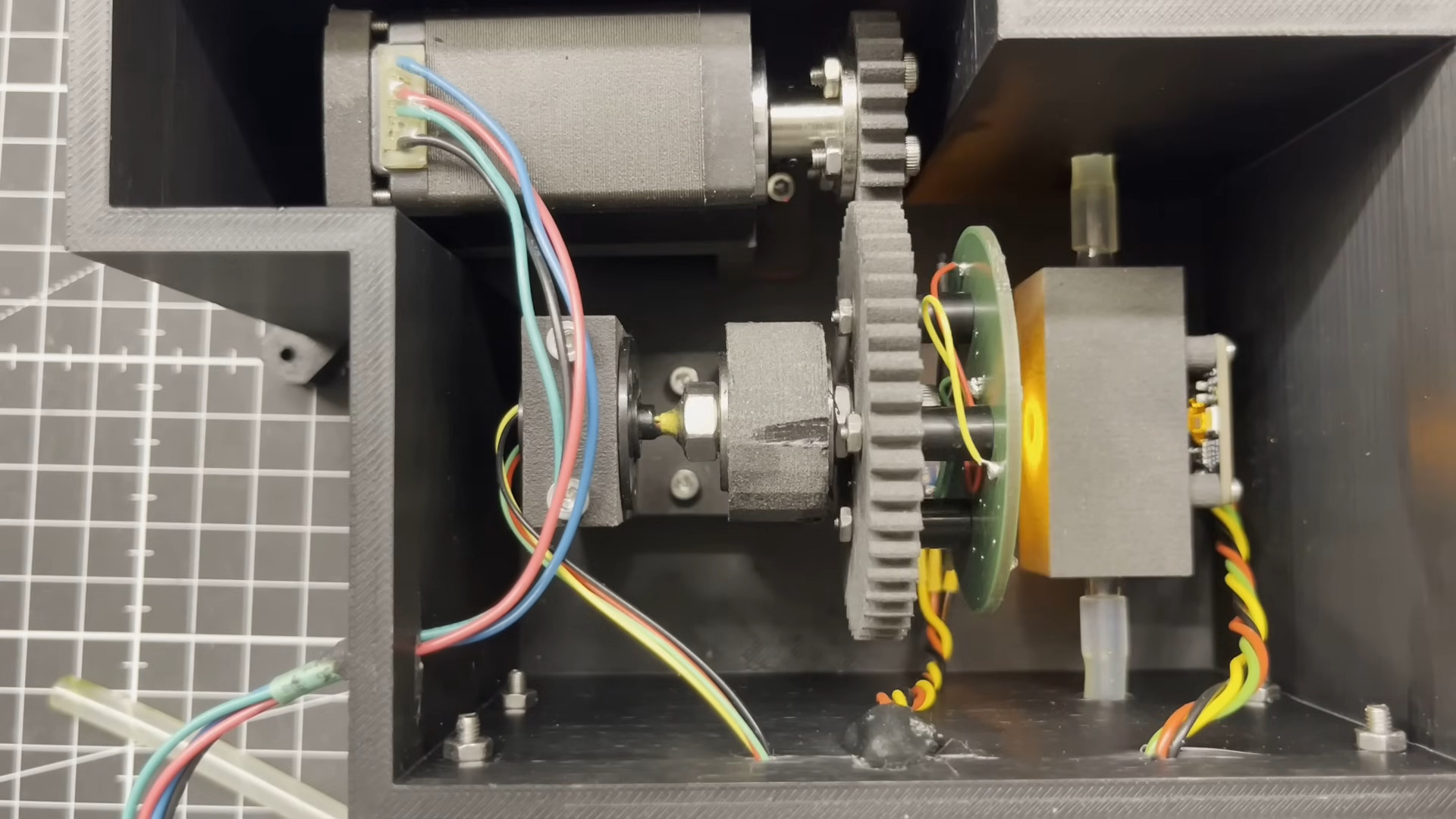
Share Tweet Share Share Email Artificial intelligence, the once-futuristic concept, has now become an integral part of our reality. Its tendrils reach far and wide, including into the critical realm of criminal justice. As AI’s influence grows, so does the need for a guiding light to ensure its ethical application.
Pramod Kunju, a luminary in the field, has taken up this mantle, becoming the moral compass that directs the course of AI within the legal system. The Ethical Foundation Kunju’s approach to AI in criminal justice is built upon a bedrock of ethical principles. He firmly believes that the integration of AI must be grounded in a framework that prioritizes fairness, transparency, and accountability.

In a system where lives hang in the balance, there is no room for bias or opacity. Kunju’s stance is unwavering. “We are at a crucial juncture,” he asserts.
“The decisions we make now about how AI is deployed in criminal justice will have far-reaching consequences. It is our duty to ensure that these systems operate in a manner that upholds, rather than undermines, the principles of justice.” Transparency: The Key to Trust One of the central pillars of Kunju’s ethical framework is transparency.
He argues that AI systems used in criminal justice must be open to examination and questioning. Algorithms that operate in the shadows, making decisions without explanation, are incompatible with the ideals of due process. Kunju emphasizes the importance of trust in the justice system.
“For the public to have faith in the use of AI, there must be a commitment to transparency,” he explains. “The inner workings of these systems must be accessible and understandable. Opacity breeds mistrust.
” This dedication to transparency is evident in Kunju’s work, where he focuses on developing AI tools that prioritize interpretability and clear communication of decision-making processes. Accountability and Oversight Alongside transparency, Kunju advocates for robust accountability measures. He believes that AI systems must be subject to stringent oversight to ensure they are being used responsibly and ethically.
“Accountability is essential,” Kunju stresses. “There must be mechanisms in place to audit and challenge the decisions made by AI systems. The ultimate responsibility for fair justice must lie with human decision-makers.
” Kunju has been a strong proponent of independent oversight bodies and clear regulatory frameworks to govern the use of AI in criminal justice. He believes that these measures are crucial to maintaining public trust and ensuring that AI remains a tool for good. Human Judgment at the Helm At the core of Kunju’s vision is the belief that AI should augment, not replace, human judgment.
He sees AI as a tool to support and enhance decision-making, rather than a substitute for human wisdom. “AI has immense potential in the realm of criminal justice,” Kunju acknowledges. “But it must always remain in service to human judgment.
The goal should be a partnership, where AI’s capabilities are leveraged to inform and assist, but never to override human discretion.” This ethos is reflected in the AI tools Kunju develops, which are designed to provide insights and recommendations while always deferring final decisions to human experts. A Guiding Light In the rapidly evolving landscape of AI in criminal justice, Pramod Kunju stands as a guiding light.
His unwavering commitment to ethics, his thought leadership, and his practical innovations are shaping the path forward. Kunju’s book, “AI in Criminal Justice: A Primer on Implications, Ethics, Policy,” serves as a lodestar for navigating the complexities of this brave new world. It provides a clear-eyed analysis of the challenges and a roadmap for ethical implementation.
As we navigate the uncharted waters of AI in criminal justice, Pramod Kunju’s vision is a compass that points true north. It is a vision of a future where the power of technology is harnessed in service of the highest ideals of justice, integrity, and the unwavering protection of human rights. To explore Pramod Kunju’s groundbreaking work at the intersection of AI and criminal justice further, visit www.
pramodkunju.com . Related Items: AI Ethics , criminal justice , Ethical Technology Share Tweet Share Share Email Recommended for you Scott Dylan on The Promise and Perils of Superintelligence How Do Startups Ensure Ethical AI Implementation? Jeff Shuford: A Digital Visionary’s Inspiring Journey Comments.















